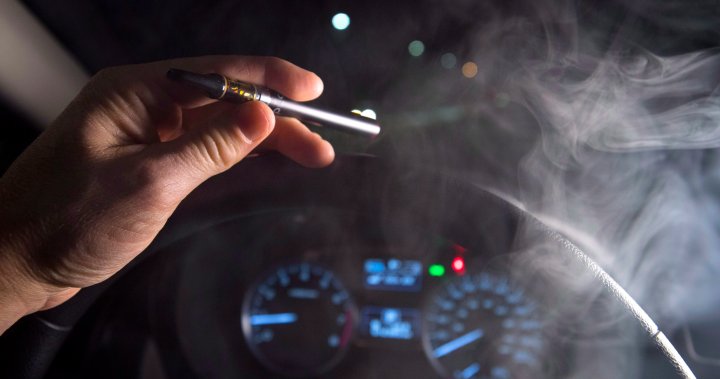From January to March 2025, the Winnipeg Police Service (WPS), in collaboration with Manitoba Public Insurance and supported by the Province of Manitoba, executed the “Don’t Drive High” campaign aimed at combating drug-impaired driving, particularly involving cannabis use. The initiative combined rigorous enforcement and public education to address the growing issue of driving under the influence of drugs. During this period, police conducted 302 traffic stops and administered 207 drug screening tests, revealing that 47% of those tested had recently consumed cannabis. The campaign highlighted the significant prevalence of drug-impaired driving in Winnipeg and reinforced the legal and safety risks associated with operating a vehicle while impaired by cannabis.
Campaign Strategies and Enforcement Measures
The “Don’t Drive High” campaign, which ran from January through March 2025, employed a multifaceted approach to address the issue of drug-impaired driving. Winnipeg Police Service coordinated with Manitoba Public Insurance and the provincial government to enhance both enforcement and public awareness efforts. Officers intensified roadside stopping procedures, prioritizing locations and times identified as high-risk for impaired driving incidents. The increased traffic stops aimed to deter drivers from operating vehicles under the influence and to identify offenders promptly.
Drug Screening Results and Implications
Out of the 302 traffic stops conducted during the campaign period, police administered 207 drug screening tests, focusing primarily on detecting cannabis impairment. Results indicated that nearly half—47%—of those tested had recently consumed cannabis. This high percentage underscores the ongoing challenges faced by law enforcement in curbing drug-impaired driving and highlights the prevalence of cannabis use among drivers on Winnipeg roads.
Collaboration and Support
The campaign benefited from close collaboration between law enforcement, Manitoba Public Insurance, and the Province of Manitoba, enabling comprehensive outreach and enforcement capabilities. Manitoba Public Insurance contributed resources toward public education materials and media outreach to inform drivers about the dangers and legal consequences of impaired driving. The provincial government’s support further strengthened the initiative through funding and legislative backing, signaling a unified effort to improve road safety.
Public Education and Awareness Efforts
Beyond enforcement, the campaign prioritized educating the public on the risks of cannabis-impaired driving. Information was disseminated through various channels including social media, community events, and traditional media outlets. Messaging focused on how cannabis impairs reaction time and judgment, increases crash risk, and carries severe legal penalties. The campaign sought to encourage responsible behavior by informing drivers about safer choices, particularly emphasizing that driving under the influence of any impairing substance is illegal and hazardous.
Legal Context and Safety Considerations
The legal framework in Manitoba classifies driving while impaired by cannabis as a serious offense, with consequences ranging from fines to criminal charges. The campaign reinforced these legal standards, reminding drivers of their responsibility to abstain from driving after cannabis use. Police officers involved in the campaign received specialized training to recognize impairment signs and to administer reliable drug screening tests as part of law enforcement protocols.
Conclusion
The results of the “Don’t Drive High” campaign reveal a significant presence of cannabis-impaired drivers in Winnipeg during early 2025. The findings highlight the necessity of sustained enforcement, education, and community cooperation to mitigate impaired driving risks. As cannabis use continues to evolve across Canada, initiatives like this campaign play a critical role in promoting public safety and upholding legal standards on roadways.
The “Don’t Drive High” campaign conducted from January to March 2025 clearly demonstrated the ongoing challenge of cannabis-impaired driving in Winnipeg. With nearly half of the tested drivers found to have recently consumed cannabis, the initiative underscored the critical need for continued, coordinated efforts combining law enforcement, public education, and legislative support. The collaboration between Winnipeg Police Service, Manitoba Public Insurance, and the Province of Manitoba proved essential in delivering both effective enforcement and awareness messaging. Moving forward, sustained commitment to such comprehensive strategies will be vital to reducing impaired driving incidents and enhancing road safety for all users.

